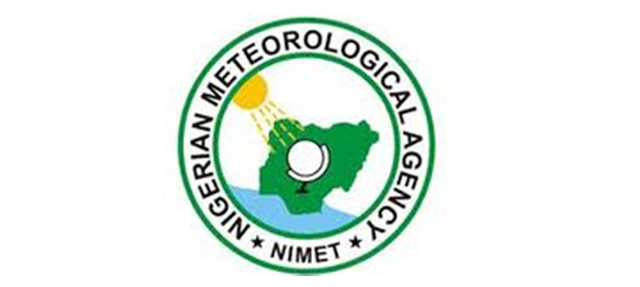The Nigerian aviation sector recently weathered a storm of controversy surrounding the decision of several airlines to continue operations during a strike by the Nigerian Meteorological Agency (NiMet) workers. NiMet, the sole provider of authorized weather information for the country’s aviation industry, embarked on industrial action over welfare concerns, leaving airlines grappling with the potential disruption to flight schedules and passenger safety. The strike, though short-lived due to ministerial intervention, ignited a debate on the availability and utilization of alternative weather information sources and the airlines’ adherence to safety protocols.
At the heart of the dispute was the question of how airlines maintained flight operations without the official NiMet reports. Airlines like Aero Contractors and Arik Air defended their actions, asserting that they relied on alternative sources of meteorological data, including Pilot Reports (PIREP) and other internationally recognized channels approved by the Nigerian Civil Aviation Authority (NCAA). These alternative sources, they argued, provided sufficient information to ensure safe flights, especially as pilots are trained to interpret weather conditions and make informed decisions regarding flight safety. Furthermore, airlines emphasized their selective approach to airport operations, choosing to fly only to locations where they had adequate weather information.
However, this position was challenged by professional meteorological bodies, notably the Nigeria Meteorological Society and the Amalgamated Union of Public Corporations, Civil Service, Technical and Recreational Services Employees. These organizations criticized the airlines for jeopardizing passenger safety by flying without comprehensive weather briefings. They specifically highlighted the alleged use of unqualified sources of weather information by some airlines, citing United Nigeria Airlines as a particular case of concern. They argued that reliance on unverified and potentially inaccurate weather data posed a significant risk to air travelers. This concern prompted them to formally report the airlines to international aviation and meteorological bodies, the International Civil Aviation Organization (ICAO) and the World Meteorological Organization (WMO), respectively.
United Nigeria Airlines, under scrutiny, responded with assurances of its commitment to passenger safety and regulatory compliance. The airline acknowledged NiMet’s crucial role in aviation meteorology but maintained that it continued its operations safely by utilizing alternative, internationally recognized weather data sources. This assertion further intensified the debate, underscoring the lack of clarity on the acceptability of these alternative sources during a period when the official provider was unavailable. The conflicting narratives highlighted the need for greater transparency and communication within the aviation sector regarding acceptable standards for weather information sourcing and the implications for flight safety.
The regulatory body, the NCAA, found itself at the center of this controversy, tasked with clarifying the applicable regulations and addressing the concerns raised by both operators and meteorological professionals. While the NCAA’s initial response was to acknowledge the contentious nature of the issue and promise a formal statement, their delayed action fueled further speculation and uncertainty. This delay underscored the need for proactive regulatory intervention and clear communication in such critical safety-related matters to maintain public confidence in the aviation industry. The NCAA’s official position was eagerly awaited as it would significantly influence the ongoing debate and establish a precedent for future scenarios involving disruptions to meteorological services.
This incident exposed a potential vulnerability in the Nigerian aviation sector’s reliance on a single source of meteorological information. The strike, while brief, highlighted the need for a more robust and resilient system that can ensure the continuous and safe operation of flights even during unforeseen disruptions. The debate surrounding the use of alternative sources of weather data emphasized the importance of clear regulatory guidelines on acceptable practices, as well as the need for increased transparency and communication among stakeholders. The NCAA’s eventual clarification on the matter will not only address the immediate concerns but also inform future policy and procedures, strengthening the aviation sector’s capacity to mitigate risks and ensure safe and reliable air travel for all.














